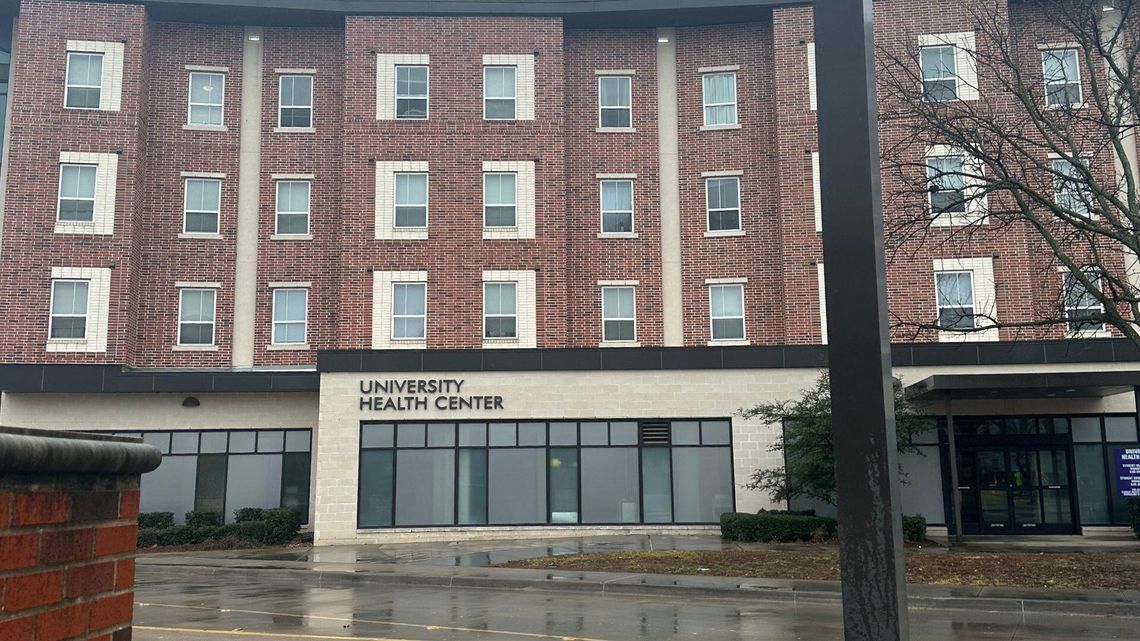BY LESLIE POSADAS
Multimedia Journalist
With the start of the spring semester comes not only new classes, but also new illnesses.
Samantha Taylor, a student at Tarleton State University, experienced this firsthand after she began feeling sick after attending her first day of classes.
Although Taylor did not miss any of her classes, she did experience a change in her social life.
“It did affect my social interactions because I was feeling lethargic and didn’t want to interact with others and get them sick,” Taylor said.
Taylor not only experienced this illness but witnessed it around her.
“I did notice that others were getting sick around the time I got sick,” Taylor said. “I noticed that the people who were observing in classrooms at the elementary school were also getting sick from the kids.”
Bridgette Bednarz, the director of Student Health Services at Tarleton, shared the increase in foot traffic the Health Center experienced after students returned from winter break.
“[In] the first seven days of class this semester, we had 513 appointments. Compared with seven days of class in November 2024, we only had 283 appointments,” Bednarz said.
During this vulnerable time for illnesses, Bednarz advises students to maintain a healthy diet and get rest.
“Rest, eat a healthy diet, avoid sharing food/utensils and wash hands regularly,” Bednarz said.
Although the flu and cold are viruses that do not respond to antibiotics, Bednarz encourages students to care for themselves or visit the Health Center to be cared for.
“Cold and flu are viruses and unfortunately do not respond to antibiotics, but symptoms can be treated with over-the-counter medications,” Bednarz said. “Typically, the flu can last five to seven days. Colds can last seven to 14 days. If the illness is prolonged, students need to be evaluated and can make an appointment with Student Health Services by calling (254)968-9271.”
Libby Skaggs, an instructor at the school of nursing at Tarleton, shares similar advice.
“The students in my adult health nursing class hear me preaching to them all the time that they must learn to drink water, get quality sleep, exercise routinely, eat fresh veggies and fruits and put down their phones for screen breaks,” Skaggs said. “All of these interventions lead to a healthier body and brain, thus boosting their immune system.”
Skaggs believes that students returning to campus from winter break are already ill from being around family and friends during the break.
“Most likely it has to do with dispersing from campus during winter break and being exposed to illness while associating with extended family and friends during the holidays,” Skaggs said. “They return to campus in mid-January and begin to show symptoms of illness. Group living, such as dorms, then spreads the illnesses.”
Having experienced this illness, Taylor will now take precautions to avoid this in the future.
“I will now be carrying hand sanitizer with me just in case I need it,” Taylor said.
.png)

Comment
Comments